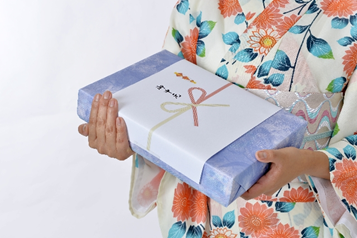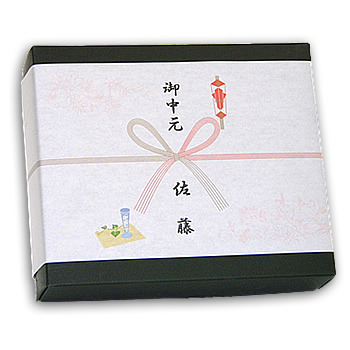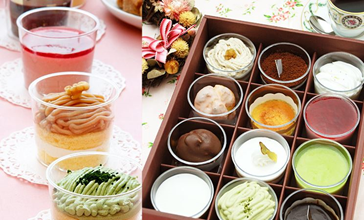2017
お中元 Ochugen - Another Aspect of Japanese Gift-Giving You Probably Didn’t Know About
If you’ve lived in Japan for any length of time, you probably know at least a little about Japan’s gift-giving culture. Most people are familiar with Omiyage, even if they haven’t necessarily mastered it. Gift-giving runs deep in Japanese culture, so it should come as no surprise that there are multiple types of gift-giving and rules for each type. The one we’re going to talk about today is called Ochugen.
- What is Ochugen?
- Who gets what?
- The Infamous Return
What is Ochugen?

Ochugen is the result of generational mixing of Taoism and Buddhism, resulting in a short summer season in which gifts are given to show appreciation for the hard work and kindness you received during the first half of the year. This tradition is repeated at the end of the year during another short season called Oseibo, to show your gratitude for the whole year.
So, what do you give, and who do you give it to?
Who gets what?
Who gives?
Just like other aspects of Japanese gift-giving, there are rules regarding who gives what to whom. Basically, Ochugen is practiced by people over 40. Here are the people who typically give and receive:
1. Management gives to Upper Management
2. Adult children who have moved out and have their own families/life give to their parents
3. Parents give to their children’s parents-in-law (e.g. my mother gives to my mother-in-law)
Of course, there are other situations and relations in which some people may participate in Ochugen, but the majority will fall into the above 3 categories. An important thing to note, however, is that Ochugen gifts are usually NOT often given face to face, but rather mailed to the recipient.
Where to Buy?
Gifts for Ochugen can be purchased at any grocery store, department store, and even online at places like Rakuten and Amazon. Items marked for Ochugen will have a red and white 5-strand ribbon design on the front and will say 御中元 (Ochugen).

It is typically food, but is not required to be. Popular gifts are: melon, watermelon, other fruits, ice cream, chocolate, cookies, noodles, and beverages (coffee, cider, beer, etc.). When you purchase them, they are shipped directly to the person you are giving to, so you don’t have to deal with cold delivery or worry about bringing it to someone.

So, what do you do in return?
The Infamous Return
In Japanese culture, Okaeshi (returning the favour) is common in gift-giving. You’re in luck, however. If you happen to be one of the lucky people who receives Ochugen, you do NOT have to give a return gift; particularly if you are a senior exec at your work place.
Ochugen is given based on a person’s relative status, and always from Lower (目下 meshita) to Superior (目上 meue) (i.e. managers to execs, adult kids to their parents), or on equal status (i.e. parents to parents-in-law). While Okaeshi may be appreciated along equal status Ochugen-giving, a senior exec returning a gift from management will make said manager feel guilty.
If anything is done at all, a thank you note is sometimes given to the Ochugen givers. However, nothing is required. This is one of the few times in Japan’s gift-giving culture where returning the favour is absolutely not required.
Whether or not you fall into one of the Ochugen giving or receiving categories from above, I think we can all agree it’s always good to learn new things about another culture in order to understand it on a deeper level.